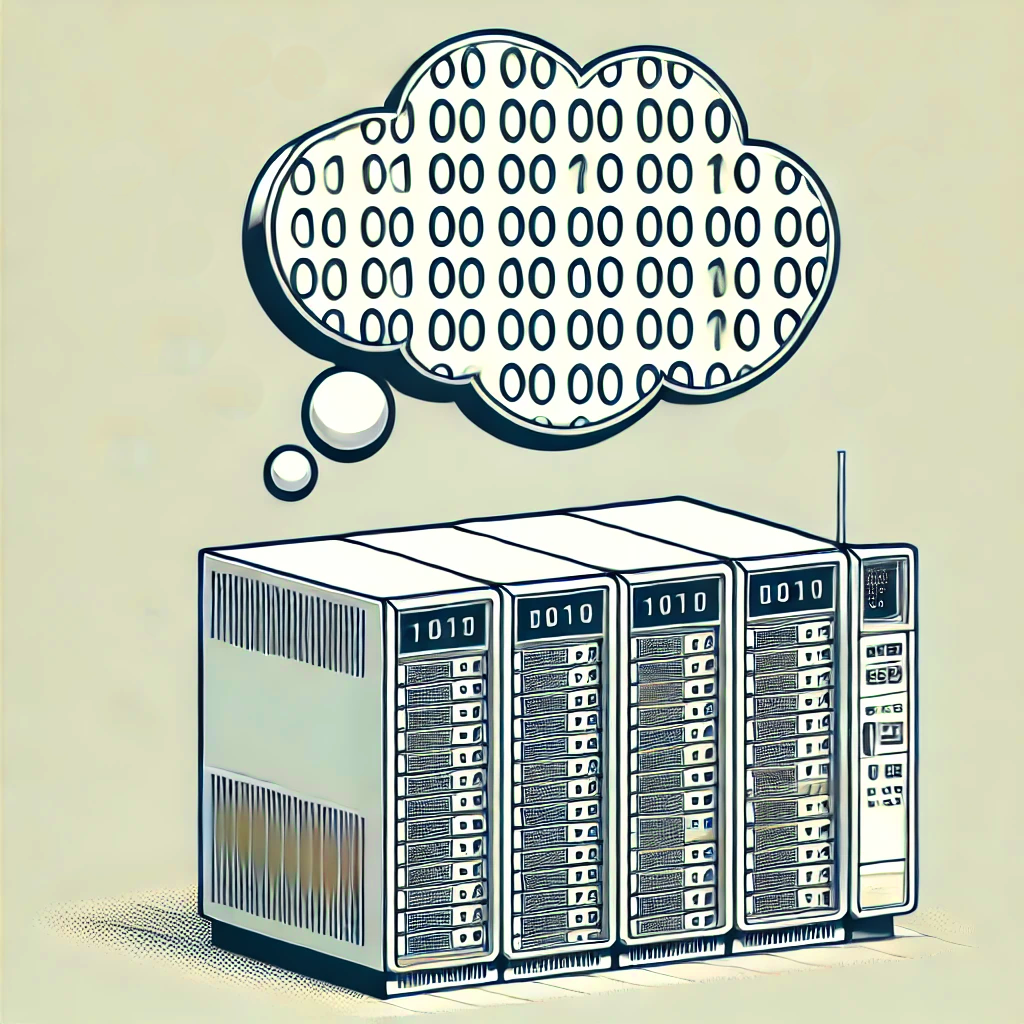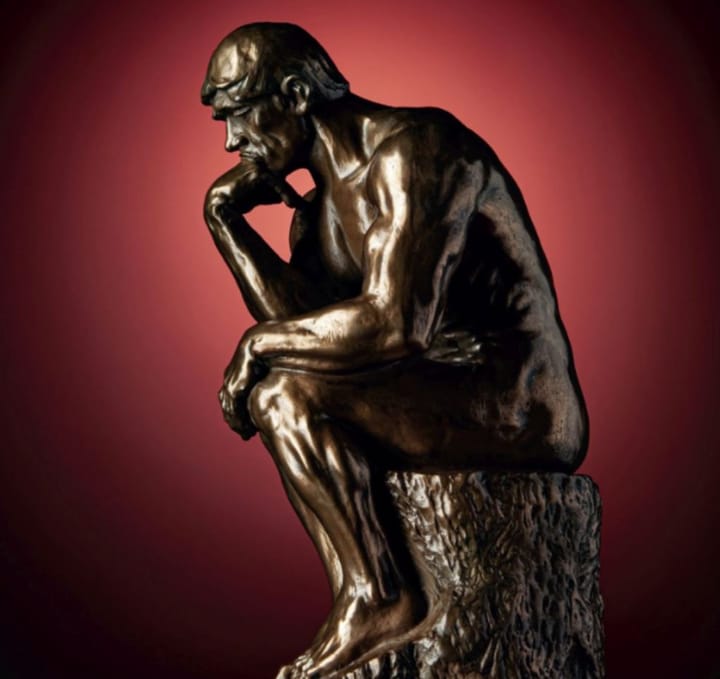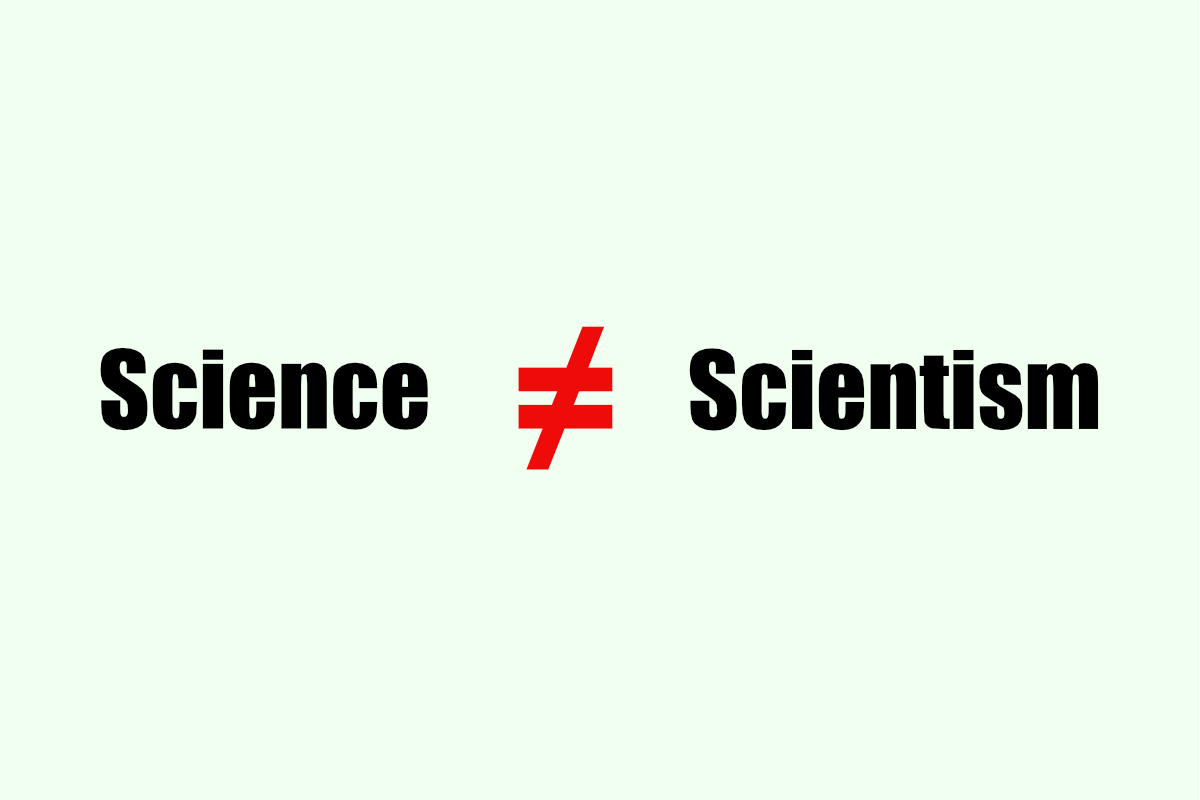The Urgency of Defining Consciousness in the Age of AI

The big picture: A recent study found that most people think AI systems like ChatGPT have conscious experiences similar to humans. This belief isn't too surprising since these systems use first-person pronouns and communicate in ways that mimic human speech. However, when directly asked, ChatGPT clearly states it does not have internal states or consciousness, explaining that it only processes and generates text based on patterns in its training data. This common misundertanding has been around since the launch of ChatGPT in 2023, which I addressed in one of my earliest blog entries, Debunking the Myth of AI Sentience.
Why it matters: AI advancements are dazzling, yet they also present us with an urgent challenge: distinguishing the magic tricks of technology from the profound mystery of consciousness. Rick Beato’s recent video showcases AI’s capability to mimic sound, creating compositions that, while impressive, still bear telltale signs of their artificial origin. Similarly, AI-generated art, despite its increasing sophistication, often has a detectable “look.” But this might not always be the case.
Brian Greene recently stated at the World Science Conference, “Let’s get something out the way quickly: nobody knows what consciousness is.” Yet we all experience that consciousness simply is and it's the most undeniable fact that any of us can claim about ourselves and the world we live in.
We should not confuse the magic trick of AI with the mystery of consciousness: At present, we can identify AI-generated content, much like spotting the sleight of hand in a magician’s performance. These technological feats, though remarkable, are fundamentally just advanced algorithms performing tasks they were designed for. They do not possess awareness, understanding, or subjective experience—qualities we attribute to consciousness.
Is consciousness itself a magic trick? Interestingly, Michael Graziano’s “Attention Schema Theory” suggests that our experience of consciousness might be a kind of “magic trick” created by the brain. According to this theory, the brain constructs a simplified model of its own processes, creating the illusion of a unified, conscious self.
The Urgency of the Topic: As AI continues to evolve, the line between human and machine-generated content could blur to the point of indistinguishability. This raises crucial questions about what it means to be conscious and how we define and understand consciousness. Thus there is a pressing need for individuals and society to develop a deeper understanding of consciousness.
Parsing the Information: We must equip ourselves with the tools to parse and critically assess the information presented to us by AI. This involves not only technological literacy but also philosophical and psychological insight into the nature of consciousness. Understanding the difference between a conscious being and an AI performing its programmed tasks is essential.
Final thought: In an age where AI capabilities are rapidly advancing, defining consciousness is no longer a mere academic exercise; it is a societal imperative. As we navigate this brave new world, our ability to discern true conscious experience from sophisticated computer simulation will be crucial in preserving the essence of what it means to be human and our relationship to the world.


